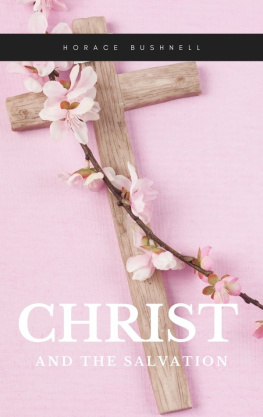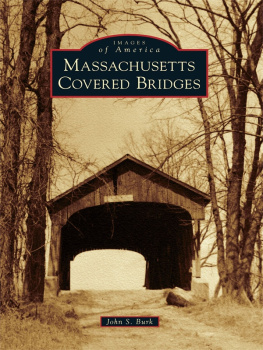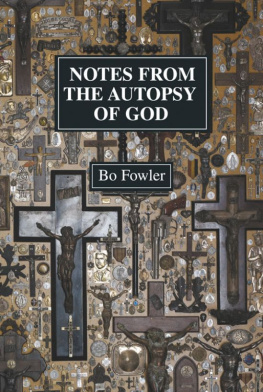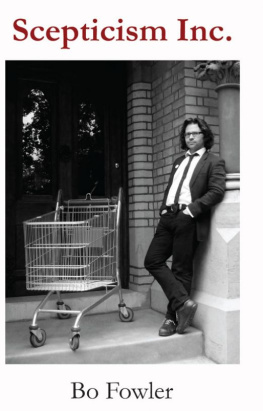INTRODUCTORY REMARKS,
BY THE PUBLISHER.
Among the evils which a vitiated appetite has fastened upon mankind, those that arise from the use of Tobacco hold a prominent place, and call loudly for reform. We pity the poor Chinese, who stupifies body and mind with opium, and the wretched Hindoo, who is under a similar slavery to his favorite plant, the Betel; but we present the humiliating spectacle of an enlightened and christian nation, wasting annually more than twenty-five millions of dollars, and destroying the health and the lives of thousands, by a practice not at all less degrading than that of the Chinese or Hindoo.
Whether, then, we consider the folly and indecency of the habit, or the waste of property, health and life which it occasions, it is time for the Patriot, the Philanthropist and the Christian, to put forth united, vigorous and systematic efforts to banish this injurious and disgusting habit from the community.
It is a fact, that one reform not only prepares the way for another, but often so depends upon it, that the complete triumph of the one cannot be effected without that of the other. Such appears to be the relationship existing between the use of intoxicating drinks and that of the stimulating narcotic, tobacco. The use of tobacco almost always accompanies the use of alcoholic drinks, and it may be feared that total abstinence from the latter will not be permanent, unless there is also a total abstinence from the former. Our temperance brethren, particularly our worthy Washingtonians, will do well to bear this in mind.
The tobacco reform, being similar to that of temperance, must be brought about by similar means. Information must be diffused, the evils of the practice exposed, and the attention of the public aroused to the subject. To aid in this, is the object of the following pamphlet, two editions of which have already been put in circulation, and it is said to have been re-published in England. The favorable reception of the former editions, as shown by the repeated editorial remarks, and the numerous letters of thanks addressed to the author, affords much encouragement for a vigorous prosecution of the enterprise. Three members of the church of which the author is pastor, placed at his disposal a sum sufficient to supply, gratuitously, each of the 1000 Beneficiaries of the American Education Society, with a copy of the essay. Orders were furnished for bundles for distribution. An individual in Maine ordered 500 copies, and 1000 were ordered by E. C. Delevan, of New York, the distinguished advocate of Temperance.
Let the friends of true reform remember the early days of the temperance cause, and take courage. All interested should exert themselves. Clergymen can do much by lecturing and other means. Churches should form Anti-Tobacco Societies, circulate information and induce as many as possible to take a stand against the evil, by enrolling their names on a Pledge.
Teachers should speak on the subject, and endeavor to prevent the formation of so vile and tyranical a habit, by those under their influence; for it is a fact that lads in many of our public schools try to hasten their claims to manliness, by learning to chew, smoke or snuff. This being the case, we may expect, of course, to find these practices prevalent in our academies and colleges, our medical and our law schools and theological seminaries.
In the early records of Harvard University, says Dr. Mussey, is a regulation ordering that "no scholar shall take tobacco unless permitted by the President, with the consent of his parents, on good reason first given by a physician, and then only in a sober and private manner." How different now! Probably one half, at least, of the students of our colleges are, not in a "sober and private manner," but publicly addicted to this slovenly and disgusting practice.
As the use of tobacco is injurious to health, it is the duty of physicians to exert their influence against it. Their authority upon such subjects is generally respected, and is therefore very important.
To the ladies, it would hardly seem necessary to say a word, in order to secure their aid in a reform that so intimately concerns themselves. In this matter, as in the vice of intemperance, woman, though comparatively innocent, is by far the greatest sufferer. With what a melancholy prospect does a young lady marry a man who uses the filthy plant in any form. He may at first do it in a neat, or even a genteel manner, and neutralize the sickening odor by the most grateful perfumes; but this trouble will soon be dispensed with, and in all probability he will, at no distant day, become a sloven, with his garments saturated with smoke, and himself steeped in tobacco juice. Alas, to think of being annoyed a life-time by the nauseous odor of the vile tobacco worm, and of wasting patience and strength in vain endeavors to preserve neatness in his slimy trail! Little can be accomplished in this, or any other reform, without the aid of females. Let them take hold of the subject, and exert their legimate influence, and public opinion will soon be corrected; young men and old too, will soon learn that by no rule in the code of politeness and good breeding, can the use of tobacco be tolerated.
A word to dealers. How can a man who regards the morals, the happiness and the prosperity of his neighborhood and his country, deal out so useless, so filthy, and so injurious an article as tobacco? Many will of course, excuse themselves by saying as the rum-sellers once did, "If I don't sell it, others will," This plea did not justify the rum-seller, neither will it, the dealer in tobacco. Others will say, "I must sell it, or I shall offend my patrons and lose their custom." But this is not valid even as a selfish argument. A large and increasing portion of the community would be glad to patronize traders who sell only the useful and necessary articles of life. Let respectable traders cease to sell the article, and respectable customers would soon cease to buy it.
The abominable filthiness of the practice of using tobacco, is a sufficient argument to induce all decent people to wage war against it. Stage coaches, rail cars, steamboats, public houses, courts of justice, halls of legislation, and the temples of God, are all defiled by the loathsome consumers of this dirty, Indian herb. For the sake of decency, for the honor of humanity, let the land be purified from this worse than beastly pollution!












